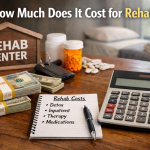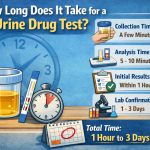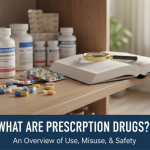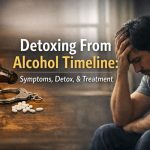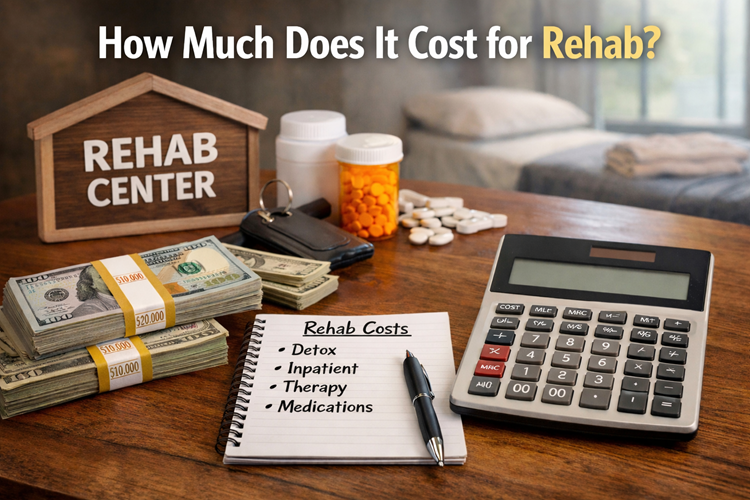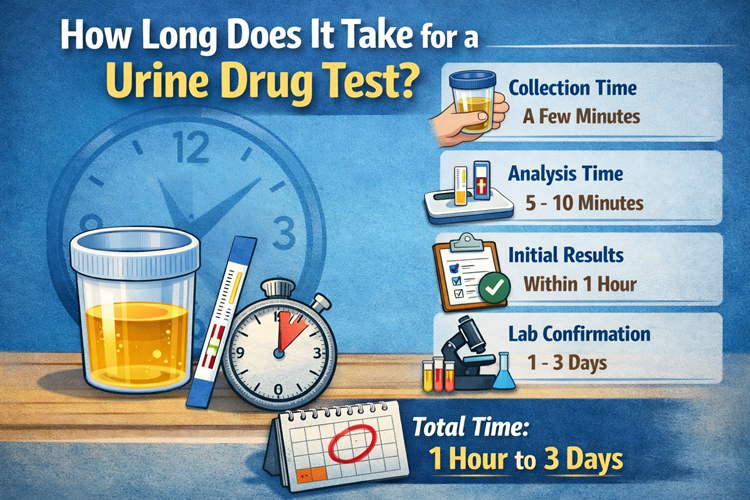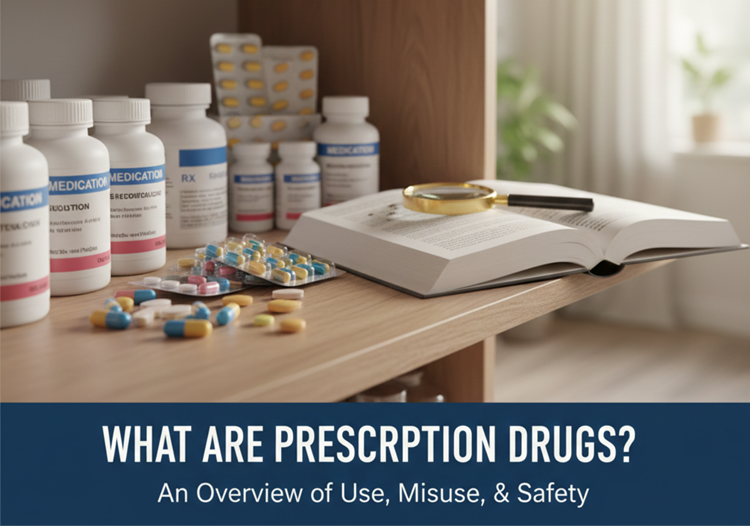Dealing with addiction is overwhelming. It affects every aspect of your life, and can feel like you will never get your life back on track.
The good news is that choosing a rehab facility does not have to be daunting. Knowing what qualities to look for in a facility can make the process simpler and allow you to narrow down which program fits your needs best. This article will examine what factors you should consider when choosing an outpatient treatment program.
What is Outpatient Rehab?
A large portion of addiction treatment takes place in an outpatient setting. If you have been thinking about getting help for a drug or alcohol addiction, outpatient drug rehab could be a good fit. So, what exactly is outpatient rehab, and should you consider it?Flexible and Cost-Effective
This treatment approach offers the greatest autonomy, flexibility, and convenience of all treatment modalities and is also the least expensive. It consists of planned appointments with treatment providers instead of immediate access to their services. Outpatient rehab allows you to live at home while attending treatment appointments on a schedule. As a result, you will have a great deal of autonomy during your outpatient treatment while still being exposed to the normal pressures and stresses of everyday life. Depending on the services you require, the duration of outpatient rehabilitation can range from a week to several months or even years. Intensive outpatient care is typically intended to last a minimum of one month. Because recovery is a lifelong process, continuing care frequently lasts months or years. Outpatient drug treatment is structured very differently than inpatient treatment. Outpatient treatment is available for a set number of hours and on particular days of the week, while inpatient treatment provides care around the clock. Outpatient treatment is typically reserved for those suffering from mild to moderate addiction symptoms or those whose severe symptoms have been stabilized by intensive treatment. Outpatient detoxification is possible when withdrawal symptoms are mild to moderate, but it usually does not include drug or alcohol detox.What to Look for in an Outpatient Rehab Program
The main elements of outpatient addiction treatment are mental health counseling, access to medical care, individual, group, and family therapy, and if required, medication-assisted treatment with drugs like naltrexone and suboxone.- Therapy: Family, group, and individual therapy models are paramount to identifying and finding solutions that relate to addiction.
- Medical: Physical wellness is monitored to ensure a patient’s health is stable during the recovery process.
- Medication-Assisted Treatment (MAT): MAT has proven a beneficial treatment option when controlling withdrawal symptoms from alcohol and opioids.
- Dual Diagnosis: If a patient is dealing with mental health issues, it is essential that these be addressed during treatment to ensure the best path to sobriety.
It’s important to be thorough.
Even though the nation is home to thousands of addiction treatment centers, not all of them are looking out for your best interests. The increase in addiction rates, especially concerning opioids, has resulted in the emergence of numerous unlicensed and unprofessional facilities, which may have questionable intentions. Although many people now have access to treatment thanks to the Affordable Care Act, some treatment centers have only opened to take advantage of a burgeoning market. When researching facilities online, be wary of the following red flags:- Internet search engines are filled with spam listings for addiction treatment
- Those in need of treatment are the target of scammers known as “patient brokers”
- A surge in telehealth or online therapy platforms, which are not always intended for addiction treatment
Ask for Recommendations
Finding expert recommendations can be as simple as talking to your primary care physician. Another option is to get in touch with a mental health specialist, like a therapist, counselor, or psychiatrist, to learn about local facilities that can work well for you. Individuals in these positions frequently have a built-in network of contacts in community services and treatment facilities. Another excellent source for recommendations is local recovery groups. People within these groups will have first-hand experience with rehab facilities and can offer information on the pros and cons of different rehab programs. Some questions to consider asking when looking for recommendations are:- Are there any rehab facilities I should avoid?
- Were there treatment sessions you found more helpful than others?
- Is there a rehab facility in this city/state that stands out as the best?
- What was your experience like at the facility where you were treated?
- How is your recovery going now that you have completed rehab?
Licensing and Accreditations
During your search, accreditation, and licensing are the most crucial factors to consider. A facility that has received accreditation from CARF or The Joint Commission is guaranteed to continuously meet or surpass care standards. The facility complies with safety and treatment regulations when it has a license from the state’s department of children and families. For the majority of medical staff, this necessitates background checks and facility inspections. The best rehabilitation in the region is frequently provided by accredited, licensed facilities.Staff Credentials
A multidisciplinary team of addiction specialists and compassionate staff members work at the top addiction treatment centers. Since addiction is a complex illness, it is critical that patients have access to a variety of specialists who can offer them emergency care, continuous treatment, and support for a lifetime of recovery. A facility with a well-rounded team should include:- Psychiatrists
- Registered Nurses
- Nutritionists
- Addiction Therapists that are licensed or certified in their specialty
- Holistic therapists
- Registered dietitians
- Case managers
- Medical director
Family Involvement and Aftercare
Addiction effects everyone around you. Family or couples therapy helps address the damage that addiction has done to those relationships and open lines of communication so that supportive relationships can grow. Addiction is a life-long struggle, and care should not end with rehab services. It is important to look into what aftercare programs a facility offers it’s patients to ensure a continued life of stability and sobriety.Insurance Coverage and Cost
Next to high-quality care, cost is likely the second biggest factor you will consider in making your decision. Before going to outpatient rehab, it is crucial to confirm that your insurance will be accepted, as many treatment centers are covered by health insurance policies. Many facilities offer sliding scale treatment or can work out a payment plan that suits your budget if you do not have insurance. Additionally, there are state-funded or free clinics that offer reasonably priced addiction treatment.Dig Into the Details
After conducting some research and identifying a few potential locations, it is time to start comparing and getting in touch with facilities. After asking some key questions, verifying information, and selecting a facility, you will most likely conduct a preliminary interview and schedule a start date. Consider asking some of the following questions when speaking to a facility:- Is the facility certified by an addiction treatment regulatory facility?
- How are treatment plans designed?
- Do you offer medical and mental health assessments?
- Do you treat co-occuring mental health disorders?
- What aftercare services are offered?
- What treatment models are offered?
- Do you accept my insurance, or do you offer a sliding scale for payment?
100% Confidential Support is Available 24/7
No matter what you’re going through, you’re not alone. Our dedicated team is here to provide a safe, judgment-free space where you can talk openly and honestly. Whether you need emotional support, resources, or just someone to listen.







